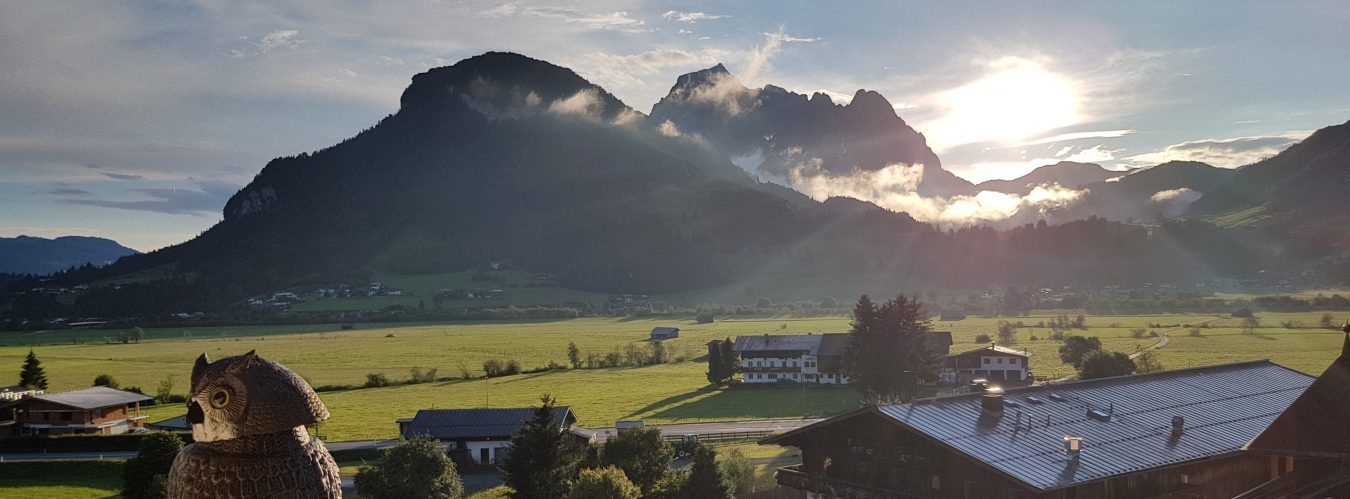When working with images, there are many scenarios where you might want to place multiple images side by side on a single page with spaces in between. Whether you’re creating a photo collage or preparing images for printing, ImageMagick is a powerful tool that can help you achieve this easily through the command line. In this blog post, we will explore two use cases: combining two images with a spacer in between and combining four images with spacers in between.
Use Case 1: Combining Two Images with a Spacer in Between
Let’s start with the simpler scenario where we have two images that we want to place side by side with a spacer in between.
Step-by-Step Guide
- Install ImageMagick
Ensure you have ImageMagick installed on your system. If not, you can install it using the following command:
sudo pacman -S imagemagick- Determine the Height of the Images
Assuming both images have the same height, we first determine the height of one of the images. Let’s say our images are namedimage1.jpgandimage2.jpg.
height=$(identify -format "%h" image1.jpg)- Create the Spacer Image
We create a spacer image with the same height as the images and a width of 20 pixels (you can adjust the width as needed).
convert -size 20x${height} xc:none spacer.png- Combine the Images with the Spacer
Finally, we combine the two images with the spacer in between using theconvertcommand:
convert +append image1.jpg spacer.png image2.jpg output.jpgFull Script
Here’s the full script that combines these steps:
# Determine the height of the first image
height=$(identify -format "%h" image1.jpg)
# Create the spacer image
convert -size 20x${height} xc:none spacer.png
# Combine the images with the spacer
convert +append image1.jpg spacer.png image2.jpg output.jpgThis will create an output file named output.jpg with image1.jpg and image2.jpg placed side by side with a 20-pixel transparent spacer in between.
Use Case 2: Combining Four Images with Spacers in Between
Now, let’s move on to a more complex scenario where we have four images to arrange on a single page, with spacers in between each pair of images.
Step-by-Step Guide
- Install ImageMagick
Ensure you have ImageMagick installed on your system if you haven’t already:
sudo pacman -S imagemagick- Determine the Height of the Images
As before, we’ll assume all images have the same height. Let’s say our images are namedimage1.jpg,image2.jpg,image3.jpg, andimage4.jpg.
height=$(identify -format "%h" image1.jpg)- Create the Spacer Image
Create a spacer image with the determined height and a width of 20 pixels:
convert -size 20x${height} xc:none spacer.png- Combine the Images with Spacers
Combine the four images with spacers in between using theconvertcommand:
convert +append image1.jpg spacer.png image2.jpg spacer.png image3.jpg spacer.png image4.jpg output.jpgFull Script
Here’s the full script to combine four images with spacers:
# Determine the height of the first image
height=$(identify -format "%h" image1.jpg)
# Create the spacer image
convert -size 20x${height} xc:none spacer.png
# Combine the images with the spacers
convert +append image1.jpg spacer.png image2.jpg spacer.png image3.jpg spacer.png image4.jpg output.jpgThis will create an output file named output.jpg with the four images arranged side by side with 20-pixel transparent spacers in between.
Summary
ImageMagick is a versatile tool that makes it easy to manipulate images directly from the command line. In this post, we covered two common use cases:
- Combining Two Images with a Spacer: We used ImageMagick commands to place two images side by side with a transparent spacer in between.
- Combining Four Images with Spacers: We extended the process to arrange four images on a single page, each separated by spacers.
By using the identify command to determine the height of your images and the convert command to create and combine images, you can easily create complex image layouts. Whether you’re preparing images for a presentation, creating collages, or just organizing your photos, ImageMagick provides the tools you need to get the job done efficiently.
